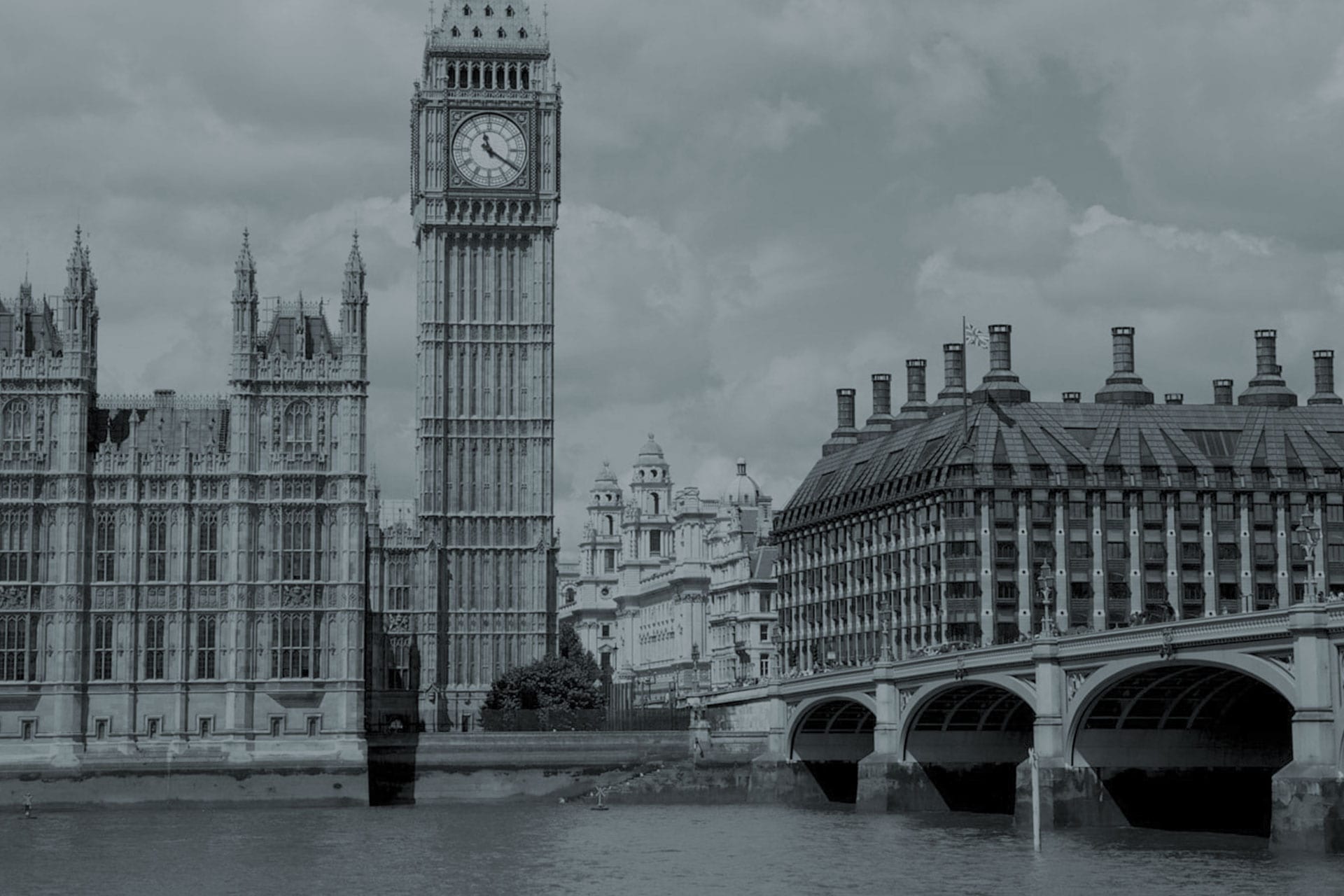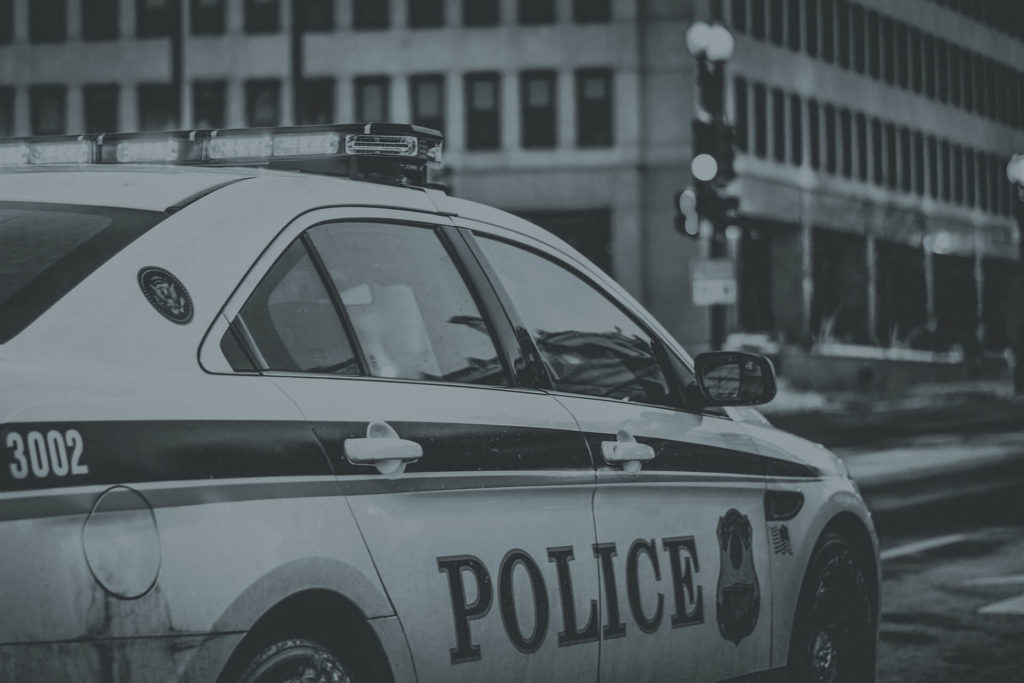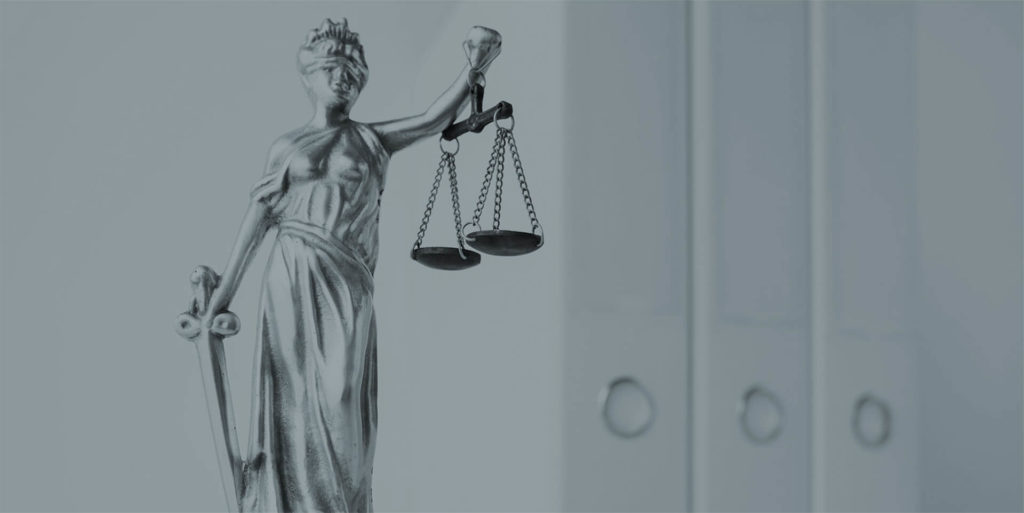Send your enquiry.
Contact us for a free, initial no obligation consultation.
"*" indicates required fields
Your information is safe and treated in accordance with our Privacy Policy
If you are charged with a criminal offence, you should speak to our criminal defence solicitors as soon as possible. Ideally, you will contact us before you answer any police questions. We can then represent you at the police station. This is free to everyone under the Legal Aid scheme.
Solicitors – England and Wales
Our specialist criminal defence solicitors represent clients across England and Wales. We are available to take your call 24 hours a day, 7 days a week. Contact us now for free legal advice.
What to do if you’re charged with a criminal offence
We understand that being charged with a criminal offence is a terrifying situation to find yourself in. The balance of power can feel very uneven. If you are innocent, then it can also be incredibly infuriating. You know that you are not guilty – but the police or other investigatory authorities seem to think otherwise.
No doubt, there will be a long list of emotions running through your head: fear, anger and apprehension might be a few of them. However, we urge you to keep calm and proceed with a rational approach. If you are charged with a criminal offence, then you need to work to get the best possible outcome. To do that, you need to do the following:
1. Go with the police to the station
If the police arrest you, go with them willingly to the police station. Do not put up a fight or abuse the officers – it will only add fuel to the fire. You will have your chance to contest the charges, but that will be done through a solicitor and not through a heated exchange.
2. Ask to speak to a solicitor straightaway
Once you get to the police station, provide the custody sergeant with your name, address and date of birth. Then, say that you do not want to answer any more questions until a solicitor is present. The role of your solicitor during a police interview.
If you have been asked to attend a police interview voluntarily, then you should contact a solicitor before going to the station. A solicitor can go with you.
Alternatively, if the police try to question you at home (or another location) but you have not been arrested, then you can refuse to talk to them. If the police have enough evidence to arrest you, then they will do so and you will be taken to the police station. If this happens, then the advice outlined above applies. To reiterate, provide your basic details but then say that you do not want to answer any more questions until a solicitor is present.
3. Wait for a solicitor to arrive
When you request a solicitor, the police cannot question you further until a legal representative has arrived. You can ask the police to contact your own solicitor, if you have one. Or you can use the duty solicitor. Duty solicitors work at police stations, but are independent of the police.
Legal representation is free at the police station under the Legal Aid scheme. You do not have to pay to use a solicitor.
4. Have a private discussion with your solicitor
Once your solicitor arrives, you can have a private conversation with them before the police interview takes place. Your solicitor can also request disclosure from the police. This is when the police reveal why you have been arrested and what evidence they have against you. You cannot do this yourself – only your solicitor can request disclosure.
5. Let your solicitor help you during the police interview
Your solicitor will then sit with your during the police interview. They are there to help you. This includes advising you on your legal rights. They will object to any misleading questions to ensure you do not accidentally incriminate yourself. They will also advise whether it is best to remain silent or answer the questions.
6. Comply with your bail conditions
When the police have finished questioning you, one of three things will happen. Firstly, you could be released under investigation. This means you are free to leave but you remain a suspect in the case.
Secondly, you may be released under bail. If so, you will probably have bail conditions attached to your release. We strongly advise that you comply with these conditions. Breaching bail is an offence in its own right and can result in further penalties. (Pre charge bail 2022)
Thirdly, you may be kept in custody. This usually only happens if the custody sergeant thinks you are not a suitable candidate for bail, perhaps because you are considered a danger to the public or are likely to ‘disappear’. If you are remanded in custody then you must be taken for your first court hearing (which takes place at the Magistrates’ Court) as soon as possible.
7. Hire a solicitor
If you have not already got a solicitor, then your next step should be to hire one. Ideally, you will do this as soon as possible – certainly before the first court hearing takes places. You should find a solicitor with proven experience in the type of criminal offence you have been charged with. This might be a minor offence such as shoplifting, a serious criminal offence such as murder, a motoring offence or a financial crime like fraud or money laundering.
Getting a solicitor sounds expensive. However, you may be eligible for Legal Aid. This is when the Legal Aid Agency pays all of (or some of) your legal fees. In certain circumstances, the other side may be told to pay your legal fees if you win your case. We can talk to you about the cost of instructing a solicitor when you contact us for a free enquiry. If you are able to get Legal Aid, we will make the application for you.
Call us on 0333 009 6275. We are available to take your call 24 hours a day, 7 days a week. We also offer free police station representation.
8. Take the advice of your solicitor
Your solicitor will try to get the charges against you dropped. This may be possible if there is limited evidence to support a conviction, or if there have been police/procedural errors.
If it looks as though your case will continue to court, then your solicitor can suggest whether you should plead guilty or not guilty. The decision is ultimately yours to make. Whatever you choose, your solicitor will prepare your defence to secure the best possible outcome.
9. Attend your court hearing
If the case against you proceeds, you will receive a letter in the post telling you where and when to attend court. This will be a Magistrates’ Court. Failing to show up to your court hearing is a separate offence which could result in a fine or imprisonment.
If you decide to plead not guilty, then your solicitor will gather evidence to prove your innocence and undermine the prosecution’s case. If you decide to plead guilty, then your solicitor will explain the mitigating circumstances to the court. This may help to reduce your sentence. What happens if you’re not fit to plead?
10. Consider an appeal
If you are found guilty, then you might want to consider an appeal. You can appeal your conviction, your sentence or both. Your solicitor can advise you about the prospects of success.
Get legal advice
As we have emphasised in this article, one of the most important things that you can do if you are charged with a criminal offence is to get your own legal representative. We are not just saying this because we are lawyers: it is genuinely the best way to get a positive outcome. Otherwise, it makes for a very uneven playing field, as it is you pitted against the police/Crown Prosecution Service (CPS).
A solicitor can use their skill and expertise to your advantage. They can also advise and support you throughout the process. This will be very welcome during what will no doubt be a stressful time.
Where can I find a solicitor?
You can find a solicitor using the Law Society’s Find a Solicitor online search service. If you are looking for a solicitor who specialises in criminal defence, fraud and financial crimes or motoring offences, then you can contact us here at Ashmans. We represent clients nationwide, with offices in London, Leeds, Huddersfield, Sheffield and Dewsbury. We offer free police station representation and hold a legal aid contract. If you are not eligible for legal aid, we can offer you competitive rates and possibly even fixed fees.
In any event, you do not have to pay to see a solicitor if the police want to question you. This is free to everyone, no matter what your age or income.
Charged Will A Criminal Offence
Call us on 0333 009 6275. We are available to take your call 24 hours a day, 7 days a week. We also offer free police station representation.
Or you can email us on enquiries@ashmanssolicitors.com or complete our Free Online Enquiry Form and we’ll be in touch soon.




